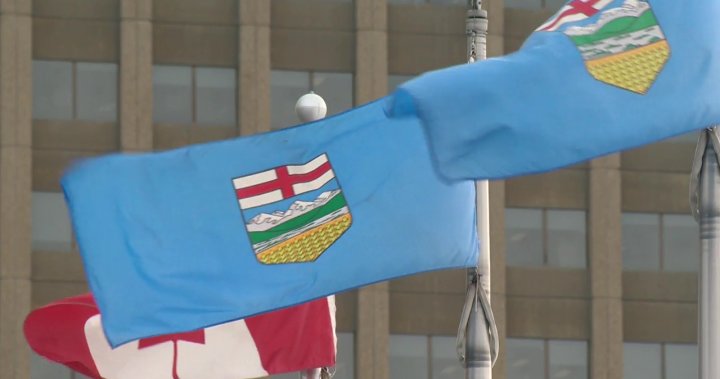The latest Alberta public opinion survey has landed on my desk, and it’s painting a fascinating picture of where Calgarians – and Albertans more broadly – stand on some pretty contentious issues. After spending yesterday poring over the data from the University of Calgary’s School of Public Policy, I’m struck by how divided we remain on matters that affect our daily lives.
I’ve been covering Alberta politics for over a decade, and rarely have I seen such clear fault lines on issues like taxation and immigration. The survey, conducted in collaboration with consulting firm Janet Brown Opinion Research, reached more than 1,200 Albertans between February 12 and March 1.
What jumped out immediately was Albertans’ take on government spending. A solid 63% believe we need to maintain or boost public services, even if that means digging deeper into our pockets. Only 37% favor cutting services to keep taxes low – a finding that challenges the conventional wisdom about our province’s tax aversion.
“These results suggest Albertans may be more pragmatic than ideological when it comes to fiscal matters,” explained Lisa Young, a political scientist at the University of Calgary, when I called her yesterday for context. “They’re willing to consider tax increases if they believe it leads to better services.”
The provincial pension plan debate – which has dominated coffee shop conversations across Calgary for months – shows similar divisions. Nearly half of respondents (49%) oppose Alberta’s withdrawal from the Canada Pension Plan, while 34% support the move and 17% remain undecided.
During a community forum I covered in Bridgeland last week, a retired teacher told me, “I’ve worked my whole life with the understanding that CPP would be there. Why risk that for political posturing?” It’s a sentiment echoed by many in the survey results.
Immigration perspectives reveal another split. About 43% believe immigration levels should decrease – a view that’s grown more common since last year’s survey showed only 29% holding that position. Meanwhile, 36% want to maintain current levels, and 21% advocate for increases.
These findings reflect conversations I’ve had with small business owners in Calgary’s northeast who depend on immigrant workers, as well as with residents concerned about housing affordability and pressure on public services.
The survey also tackled our relationship with Ottawa – always a hot topic in Alberta’s political discourse. Roughly 36% of respondents believe Alberta gets a raw deal in Confederation, while 27% think we’re treated fairly, and another 36% land somewhere in between.
“Albertans’ views on federalism are more nuanced than politicians often portray,” noted Melanee Thomas, associate professor at the University of Calgary, when I interviewed her about the findings. “There’s a significant middle ground that gets overlooked in the political rhetoric.”
Climate policy revealed perhaps the starkest division. The survey found 42% support the federal carbon tax, while 58% oppose it – figures that haven’t shifted much despite years of debate and increasingly visible climate impacts.
After covering the devastating floods in southern Alberta last summer, I’ve noticed more Calgarians discussing climate adaptation, even as opinions on carbon pricing remain entrenched. A business owner in Inglewood told me, “I hate paying more at the pump, but I’ve also had to flood-proof my shop twice in five years.”
What does all this mean for Alberta’s political landscape? The divisions evident in the survey suggest neither the UCP nor the NDP has managed to build consensus around their vision for the province.
As Janet Brown herself noted when I reached her by phone, “These results show why Alberta politics remains so contentious. There’s no clear majority position on many of these fundamental questions about what role government should play and how our economy should function.”
The survey offers a glimpse into our collective mindset at a pivotal moment. With economic diversification efforts underway, ongoing federal-provincial tensions, and municipal governments struggling with budget constraints, understanding where Albertans actually stand – beyond the political rhetoric – matters more than ever.
After nearly two decades covering this province, I’ve learned that Albertans are far more complex in their views than the stereotypes suggest. This survey confirms that reality once again.
For those interested in exploring the complete survey results, the University of Calgary’s School of Public Policy has published the full report on their website, providing deeper analysis of these trends and how they compare to previous years’ findings.
The next time you hear someone claim to speak for all Albertans, remember these numbers. Our province, like any community, contains multitudes – and our path forward will require acknowledging that diversity of perspectives rather than pretending it doesn’t exist.







